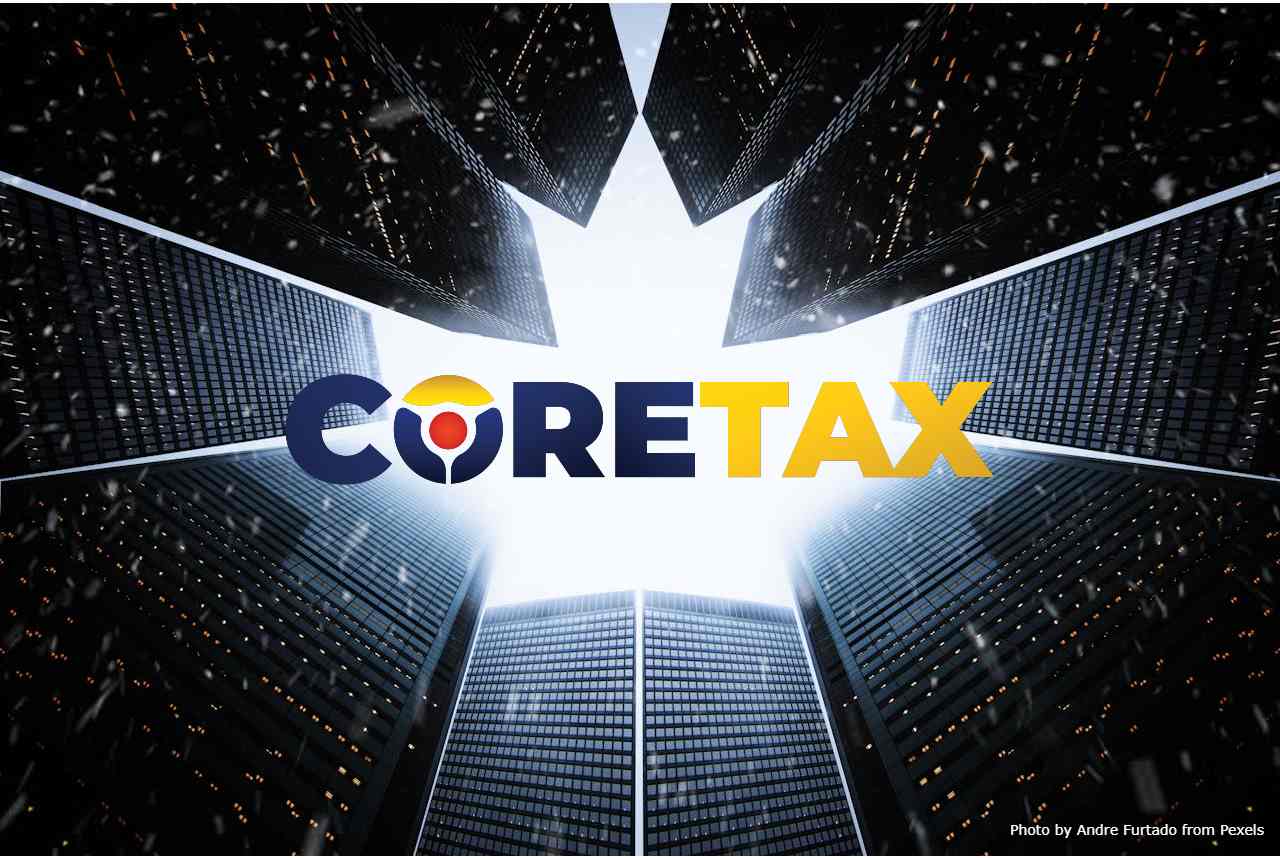What is the Taxable Base (DPP)?
The Taxable Base (DPP) is the value used to calculate the amount of tax owed. In the context of outsourcing, determining the DPP can be a bit complex, as it involves multiple cost components. Below is a breakdown of how to determine the DPP for Value Added Tax (VAT) and Income Tax (PPh) Article 23 in outsourcing services.Determining DPP for VAT in Outsourcing Services
Outsourcing can cover a wide range of services. Some of these services may be subject to VAT, while others may be exempt. Here’s how to determine whether the services you provide are VAT-eligible:Outsourcing or Labor Supply Services?
Based on Government Regulation (PP) 49/2022, certain taxable services are exempt from VAT, including labor supply services. The following criteria define labor supply services exempt from VAT:- The labor provider only places and supplies workers to the client without providing any other taxable services.
- The provider does not handle the workers' salaries, wages, bonuses, allowances, or similar payments.
- The provider is not responsible for the results of the workers’ performance once handed over to the client.
- The supplied workers are integrated into the client's organizational structure.
How to Calculate DPP for VAT:
According to Minister of Finance Regulation (PMK) 83/2012, there are two methods to determine the DPP:1. If the invoice is not itemized: VAT payable = 11% x Total invoice amount In this case, the DPP is the total invoice amount paid to the service provider.- Example: If the service provider issues an invoice of IDR 30,000,000 without separating labor costs from service fees, the DPP is IDR 30,000,000.
- Example: If the total invoice is IDR 30,000,000, and IDR 20,000,000 of that is for workers' wages, then the DPP for VAT is IDR 10,000,000.
Determining DPP for Income Tax Article 23 in Outsourcing Services
Minister of Finance Regulation (PMK) 141/2015 provides specific guidance on determining the DPP for Income Tax (PPh) Article 23 in outsourcing services. The gross amount used excludes wages, salaries, bonuses, allowances, and other payments received by workers from the labor provider. In other words, PPh Article 23 applies only to service fees or management fees.
PPh Article 23 Tax Rates:
The tax rate for outsourcing services is 2%. However, this rate doubles to 4% if the service provider does not have a Taxpayer Identification Number (NPWP). This distinction is important, as it directly affects the tax calculation.How to Calculate DPP for PPh Article 23:
There are two approaches to determining the DPP for PPh Article 23:1. If the invoice is not itemized: PPh 23 payable = 2% x Total invoice amount In this case, the DPP is the total invoice amount.- Example: If the service provider issues an invoice of IDR 30,000,000 without separating labor costs, the DPP is IDR 30,000,000.
- Example: If the total invoice is IDR 30,000,000, and IDR 20,000,000 is for workers' wages, then the DPP for PPh Article 23 is IDR 10,000,000.
income-tax-art-23 , outsourcing , tax-base , tax-management , tax-management , tax-strategy , vat






